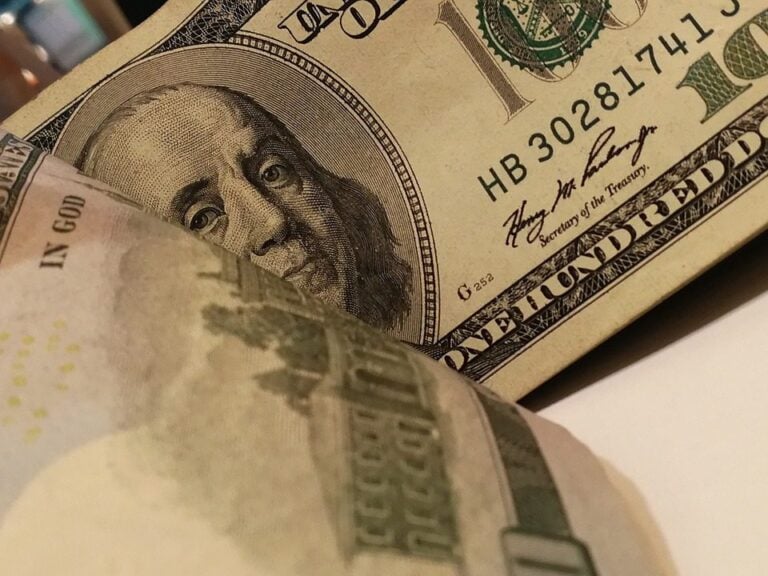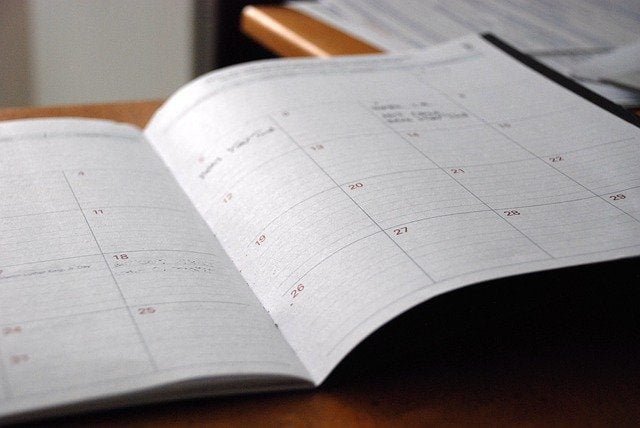Gambling Taxes: Do You Report Your Winnings?
Tax day is fast approaching, and if you’ve gotten lucky gambling this year, you may be wondering how the money that you won will be taxed. We’ve put together a crash course to help you understand the tax implications of gambling awards.
What Constitutes a Win?
Given that there are a number of different ways to gamble, the IRS has specific criteria for what counts as a gambling win. Of course, there are the usual things – poker, scratch-offs, slots, and keno to name a few – but you can rack up earnings without gambling in the official sense. Raffles, lotteries, horseraces, and non-cash prizes like all-expense-paid trips need to be reported as a gambling win.
The Logistics
The source that provided your gambling earnings will need to send you a W-2G form if you meet certain requirements. They include:
- If you made most of your money from bingo or slot machines (the amount needs to exceed $1,200).
- If the amount you made in winnings minus how much you wagered in keno is $1,500 or more.
- If non-slot machine, non-bingo, and non-keno gambling earnings exceed $600 and at least 300 times how much you wagered.
- If you made more than $5,000 from a poker tournament after subtracting the buy-in or wager.
- Any other gambling winnings that are subject to federal income tax withholdings.
W-2 versus W-2G
The names of these two forms look similar, but the only similarity between them is that they are dealing with money coming into your pocket. You should get a W-2 from your employer (if you’re not an independent contractor, that is), and it tells you how much money you made and the amount of taxes that were withheld.
The W-2G form, on the other hand, is where the person paying out the winnings reports how much you made minus any local, state, and federal taxes that they withheld. The W-2G form lists your reportable winnings, when you won, what kind of wager you made, information on the institution, as well as any local, state, and federal tax that was withheld.
If you were part of a group that won a large amount of money, you might not get a W-2G right away; instead, you might need to fill out the Form 5754 “Statement by Person(s) Receiving Gambling Winnings.” You’ll then submit it to the payer, who will then fill out and send a W-2G form to each of the winners.
How Do Non-Cash Prizes Work?
You’ve probably watched “The Price is Right” at least once in your life between your grandma’s house and the doctor’s office waiting room, and it’s hard not to get swept up in the excitement of those contestants. Jumping up and down, screaming, hugging, literal boatloads of cash – what could go wrong?
Well, if you are ever in the situation where you win some kind of non-cash prize such as an all-expense paid vacation, high-class bedroom set, or brand new car, remember that you can’t just take your prize and run. Whomever you won the prize from will be sending you a W-2G that tells you the exact cash equivalent for the prize, and you will be expected to pay the taxes on that cash value. If you do score big, make sure that you set aside a little bit of money to pay the taxes when the time comes around or you might feel a bit pinched.
Keep Those Books Tidy
While gambling isn’t inherently a bad thing, if you aren’t careful, you can end up losing a lot of cash really quickly. According to the IRS, you can deduct your losses up to but not more than the amount of money that you won, but you have to be able to prove it. On the Form 1040 or 1040-SR, you will need to itemize each of your losses under line 16 “Other Itemized Deductions,” but you’ll need to keep all of your receipts and transactional history as evidence that you actually lost the money. Remember, gambling isn’t just money made or lost in a casino – it’s also horseracing, raffles, lotteries, and non-cash prizes. Your receipts will need to back up any claims that you make about your losses, so keep those books organized.
Keep in mind, however, that if you are a non-resident alien, you will need to fill out Form 1040-NR when you file your tax return, and depending on where you are from, you may not be able to deduct your gambling losses.
Gambling can be a great way to make a lot of money very quickly, but you can’t just cut and run. Uncle Sam is expecting you to send in his cut the same way he expects it when you earn a paycheck. Just make sure that you keep detailed records of all of your winnings and losings for both cash and non-cash prizes, and you shouldn’t have anything to worry about as tax season approaches.







